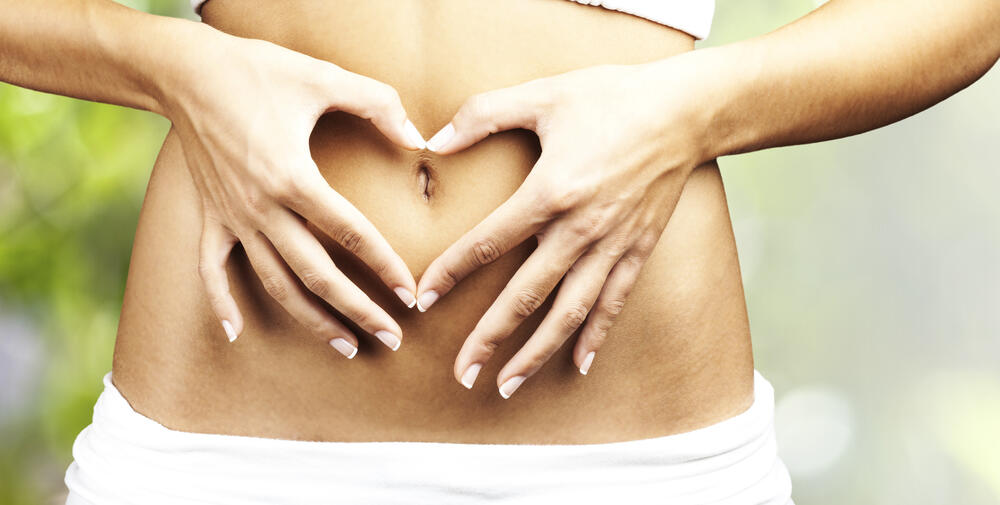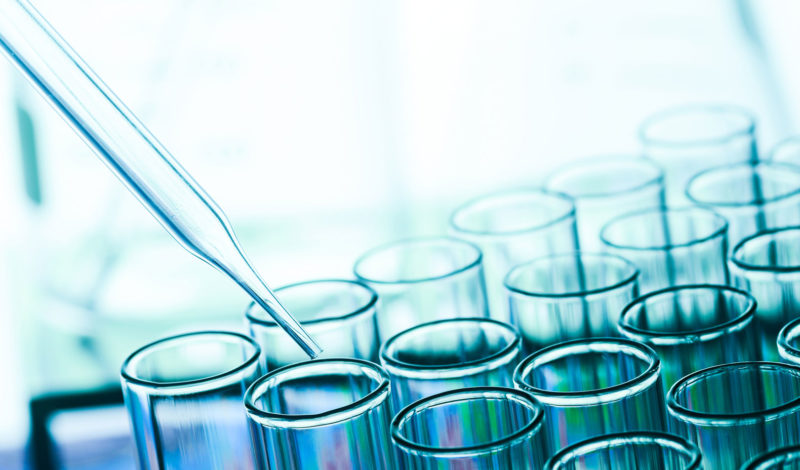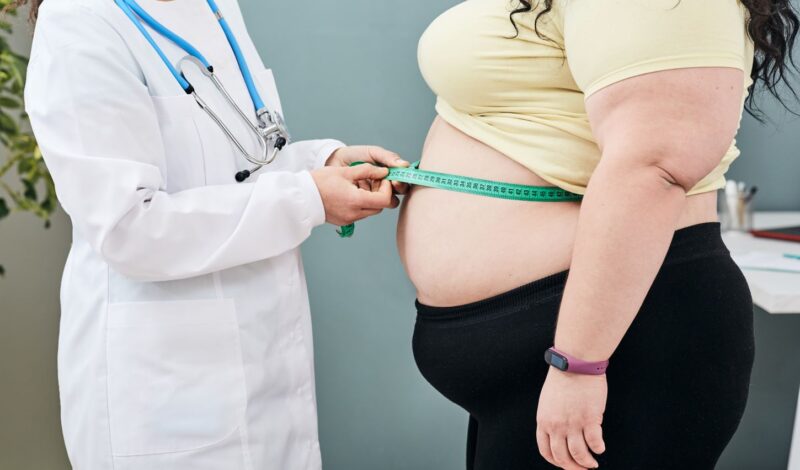If you want to lose weight, you should stimulate your metabolism. What sounds easy in theory is sometimes not so [...]

Intestinal diet – what is it?
If you want to lose weight, you have to have a healthy diet and do sports. So far, so right? Not quite. In our intestines we accommodate about 100 trillion small “flatmates” – and they also have an influence on our body weight. Depending on which bacterial strains predominate in our intestinal flora, losing weight is easier or harder for us. So is there an intestinal diet and if so, how does it work?
What role does our intestinal flora play in weight loss?
The bacteria in our intestinal flora release nutrients from the food so that they can be better absorbed. Studies have shown: People who gain weight slightly or do not lose weight despite consistent efforts often have a large number of Firmicutes bacteria in their intestinal flora. Representatives of this bacterial strain are particularly good at extracting energy from food. People whose intestinal flora is rich in Firmicutes therefore consume more calories. This once increased the chances of survival during gruelling periods of hunger – and was therefore an evolutionary advantage. The intestinal flora of slim individuals, on the other hand, is predominantly home to bacteria from the Bacteroidetes strain. In contrast to Firmicutes these bacteria do not work so thoroughly – especially fat Bacteroidetes can only use badly. People with a high proportion of Bacteroidetes bacteria in their intestines therefore benefit from the fact that they excrete part of the calories they consume unused.
Experts assume that the genetic predisposition also decides whether our intestinal flora shows Firmicutes or Bacteroidetes. Fortunately, we do not have to accept this. We can positively influence the composition of our intestinal flora through the right diet – and with a balanced intestinal flora losing weight is also easier.
Losing weight with the intestinal flora: This is how it works
So the question is: How do we create the ideal bacterial balance in the intestine to lose weight in a healthy way? Basically, this is best achieved with a multifaceted and fibre-rich diet. The Bacteroidetes bacteria use fibre as an energy source – they can multiply well in an environment rich in fibre. The Firmicutes bacteria find this more difficult: They feel particularly well with fats and sugars.
If there is an imbalance in your intestinal flora in favour of Firmicutes, you will automatically feel more desire for sweet and fatty foods. This can lead to a vicious circle: The balance of the intestinal flora shifts over the years in the direction of the “fattening” bacteria.
With personalized recommendations to the intestinal bacteria diet
Both strains of bacteria, Firmicutes and Bacteroidetes, perform important functions in our intestines, so we need them both. Ideally, both strains have the same number of individuals. How your intestinal flora currently is, you can find out with INTEST.pro from BIOMES quite comfortably. With the test kit you simply take a small stool sample at home and send it to the BIOMES laboratory. The evaluation of your sample is done according to the latest biotechnological standard1 and shows in detail how your intestinal flora is composed. You will then receive personalized recommendations with which you can balance your intestinal bacteria and “program” your intestines to be slim!
A few initial tips
By the time you hold your personal test results in your hands and start your individual intestinal diet, you can already do good for your intestinal flora. Reduce the simple carbohydrates in your diet (such as sweets, ready meals or white flour products) gradually and increase the fiber content. Dietary fibres are mainly found in unprocessed foods, including nuts, raw fruit, vegetables, legumes and wholemeal products. We recommend 30 grams of dietary fibre per day. In order to prevent flatulence and abdominal pain during the changeover phase, a slow and gradual changeover is recommended.
- If you don’t yet tolerate wholemeal products well, you can toast wholemeal bread easily – that makes it more digestible.
- You can also help your digestion by drinking a lot. Especially water and tea are recommended. Fresh ginger in a drink can also help digestion.
- The intake of antibiotics or the regular consumption of alcohol has a negative effect on the bacterial balance.
Basically, it is valid that: A variable diet promotes the diversity of bacteria in the intestines. And this can not only benefit weight reduction, but also your general health! A healthy intestinal flora strengthens the immune system, protects the body from pathogens and even influences your mood and well-being. And with a good mood, losing weight also becomes easier.
1. Cho I, Blaser M J. The human microbiome: at the interface of health and disease. Nature Reviews Genetics 2012:13, 260-270. https://www.nature.com/articles/nrg3182.




